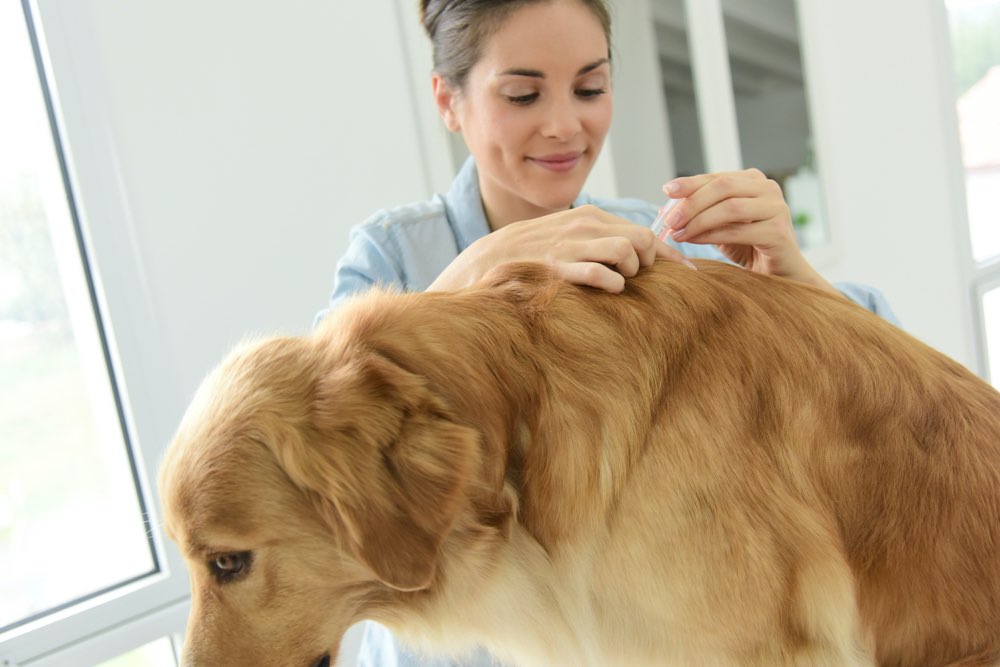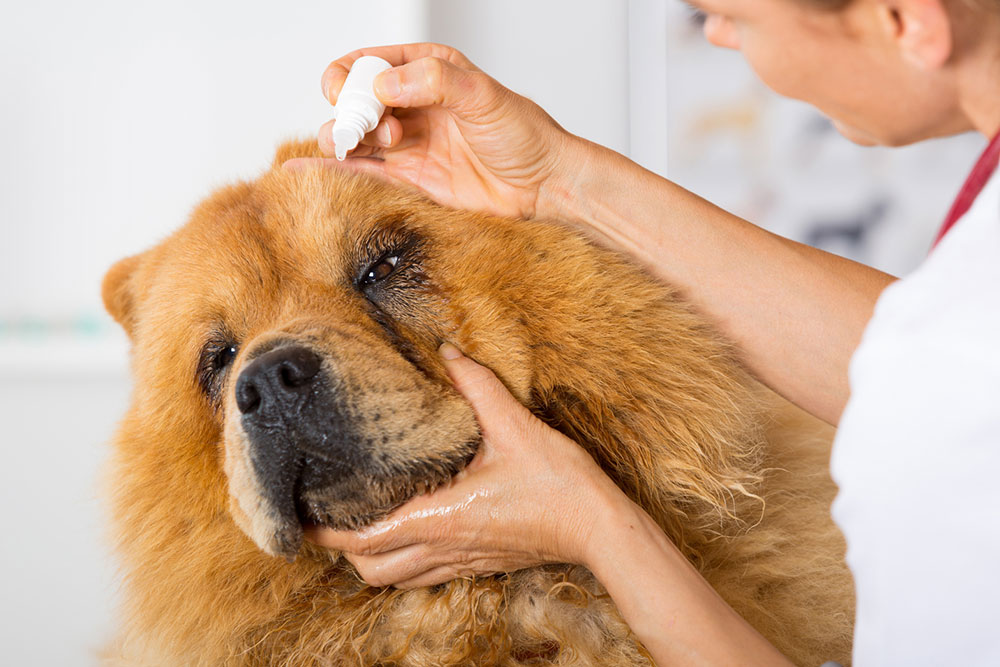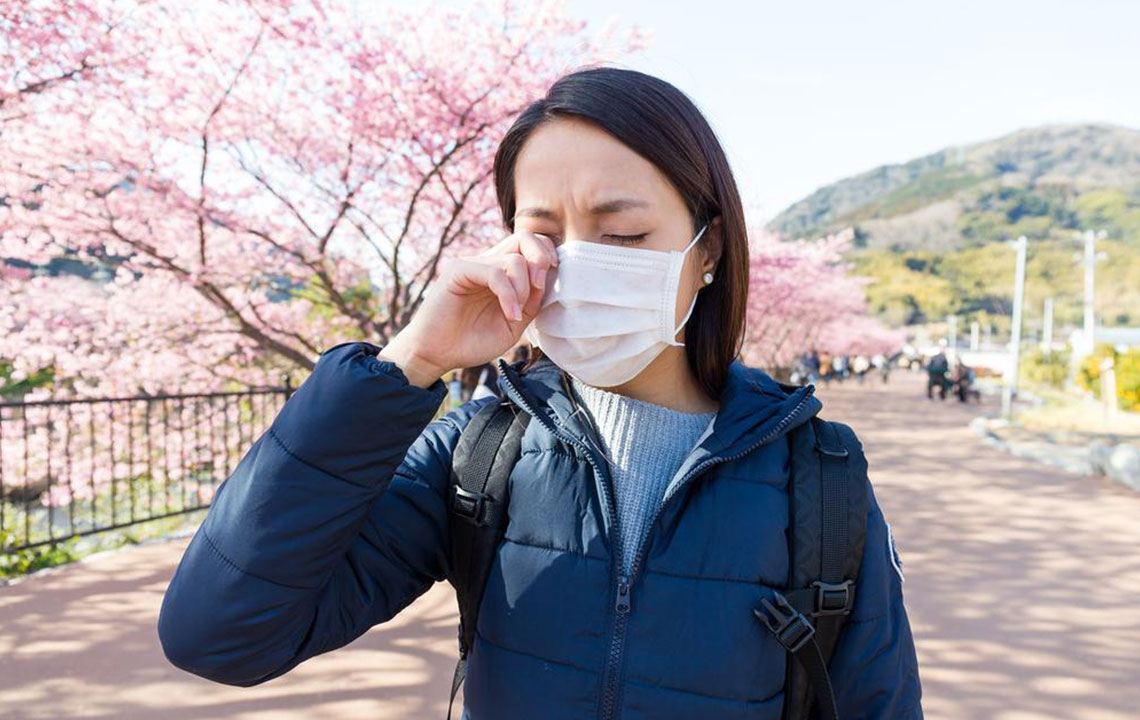Comprehensive Guide to Dog Allergies: Causes, Symptoms, Natural Treatments, and Prevention Strategies
This comprehensive guide explores dog allergies, detailing their causes, symptoms, and natural remedies. It provides pet owners with practical tips for identifying allergens, managing environmental and food sensitivities, and using safe natural treatments such as essential oils. Understanding these aspects can help keep dogs comfortable and healthy, reducing suffering from allergic reactions through proactive care and holistic approaches. Ideal for dog owners seeking effective, natural allergy relief strategies to improve their pet’s quality of life.

Understanding Dog Allergies: An In-Depth Look at Causes, Symptoms, and Natural Remedies
Just like humans, dogs can develop allergic reactions that affect their skin, respiratory system, and overall health. Recognizing and understanding these allergies is essential for maintaining your pet’s well-being. Dog allergies can be caused by a wide spectrum of allergens, ranging from environmental triggers to dietary components, and can manifest through various behavioral and physical symptoms. Unlike human allergies, the symptoms in dogs may be less obvious or differ slightly, making it vital for pet owners to be vigilant and observant of subtle signs.
Understanding the potential causes of canine allergies enables pet owners to take proactive steps toward prevention and treatment. Allergies in dogs are a common concern, yet they often go unnoticed or misdiagnosed. The key is to identify specific triggers and implement tailored management strategies to ensure your dog’s comfort and health. This detailed overview covers the most prevalent causes of allergies in dogs, signs to watch for, and natural remedies that can be integrated into your pet care routine to alleviate discomfort.
Common Causes of Allergies in Dogs
Allergic reactions in dogs originate from a variety of sources. Discovering the exact allergen involves a process of elimination combined with careful observation. Once identified, targeted treatment plans become more effective and less invasive.
Environmental Factors and Allergens (Atopy) – Many dog allergies are triggered by environmental allergens present both indoors and outdoors. These include fabrics such as wool, cotton, or synthetic materials, which may irritate the skin. Mold spores thriving in damp environments are a common trigger, as are household dust mites that become airborne regularly. Seasonal pollen from grasses, weeds, and trees often exacerbate allergic responses during certain times of the year. Exposure to household chemicals such as cleaning agents, air fresheners, and cigarette smoke can also trigger allergic reactions. Additionally, pet dander, feathers, cockroach debris, and certain plastics used in household items can provoke sensitivities in susceptible dogs.
Flea Allergy Dermatitis (FAD) – One of the most common and frustrating causes of allergic reactions in dogs is flea allergy dermatitis. Unlike simple flea bites, the saliva of fleas contains proteins that can trigger allergic reactions in sensitive dogs. Even a single flea bite can set off an intense itching response, leading to vast areas of inflamed, irritated skin. Dogs with FAD often scratch incessantly, and the resulting skin damage can lead to secondary infections. Preventing and controlling fleas is crucial — bathing with flea shampoos, using veterinarian-recommended preventives, and keeping the environment clean are essential steps.
Are Certain Breeds More Susceptible to Allergies?
Cocker Spaniels
German Shepherds
Poodles
Boston Terriers
Golden Retrievers
Doberman Pinschers
Bulldogs
Pit Bull Terriers
Pugs
Shar-Pei
While any breed can develop allergies, these breeds tend to be more genetically predisposed due to their skin type, coat characteristics, or immune system idiosyncrasies. Recognizing breed-specific tendencies can help in early detection and management of allergic conditions.
Typical Symptoms of Allergic Reactions in Dogs
Persistent excessive scratching and licking of paws, ears, or other body parts
Hair loss, especially in patches
Redness and inflammation of the skin, leading to discomfort
Recurring ear infections that resist treatment
Presence of skin lesions, scabs, or hot spots
Yeast infections manifesting as foul odor and greasy skin
Noticing these signs early and consulting your veterinarian can prevent worsening of symptoms and long-term health complications.
Natural Approaches to Managing Food Allergies in Dogs
Preparing homemade or raw diets tailored to your dog's nutritional needs
Ensuring diets are rich in high-quality proteins which often reduce allergic responses
Implementing elimination diets—gradually removing common allergens like beef, dairy, or grains and observing reactions
Seeking veterinary advice on safe natural supplements like omega fatty acids or probiotics for skin health
Diet plays a crucial role in allergic reactions. Proper nutrition and elimination protocols can significantly reduce symptoms and improve quality of life.
Natural Remedies for Environmental Allergies in Dogs
Using air purifiers with HEPA filters to reduce airborne allergens inside the home
Regularly soaking your dog’s paws or body in gentle solutions like diluted apple cider vinegar to rinse off pollen and irritants
Maintaining a clean environment by frequently washing bedding, curtains, and soft furnishings
Applying non-toxic, eco-friendly cleaning products that do not release harsh chemicals into your living space
These natural strategies help create an allergy-friendly environment and minimize exposure to triggers, providing relief for sensitive dogs.
Using Essential Oils Safely for Allergy Relief in Dogs
Essential oils can serve as natural remedies for alleviating skin allergies and reducing itching in dogs. However, they must be used cautiously, always in diluted form, and preferably under the guidance of a veterinarian experienced in aromatherapy for pets. Popular options include:
Sweet Marjoram: used for severe skin inflammation and itching
Chamomile: helps soothe irritated skin and calm allergic reactions
Lavender: offers calming effects and reduces excessive scratching
Helichrysum: supports healing of skin wounds and inflammation
Primrose oil: known for its anti-itch and skin reparative properties
Niaouli: effective for skin infections when used appropriately
Always dilute oils properly, avoid ingestion, and test on a small skin area before full application. Consult your vet for personalized recommendations to ensure safety and effectiveness.





